Increasing male involvement in the HIV response – Leaflet
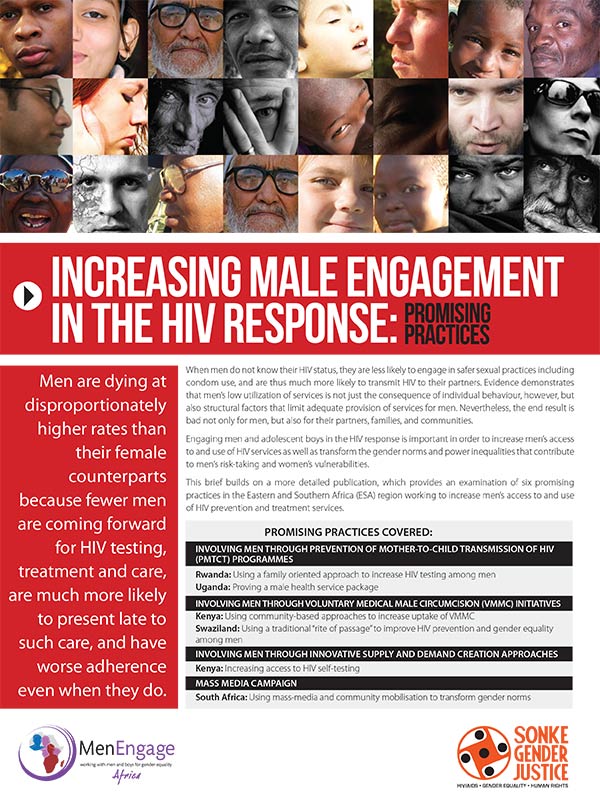
Men are dying at disproportionately higher rates than their female counterparts because fewer men are coming forward for HIV testing, treatment and care, are much more likely to present late to such care, and have worse adherence even when they do.
It’s no secret
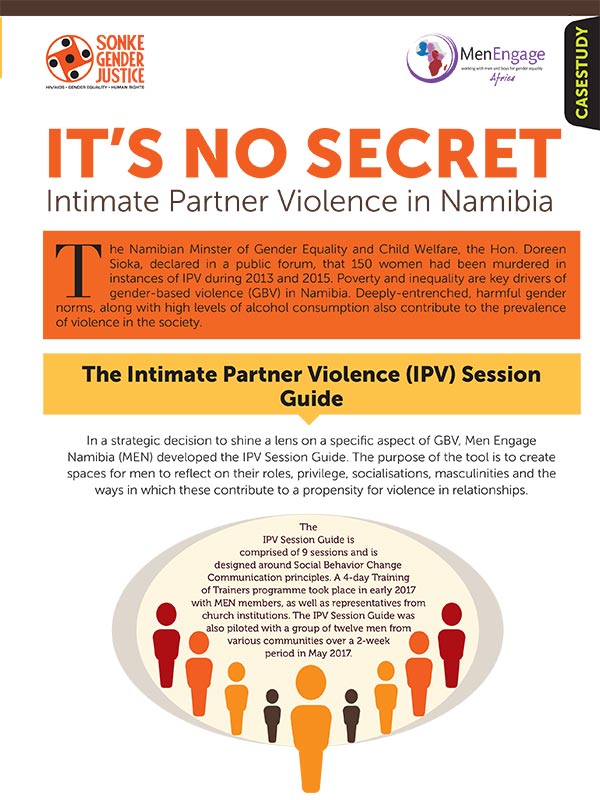
The Namibian Minster of Gender Equality and Child Welfare, the Hon. Doreen Sioka, declared in a public forum, that 150 women had been murdered in instances of IPV during 2013 and 2015. Poverty and inequality are key drivers of gender-based violence (GBV) in Namibia. Deeply-entrenched, harmful gender norms, along with high levels of alcohol consumption […]
Breaking with Tradition
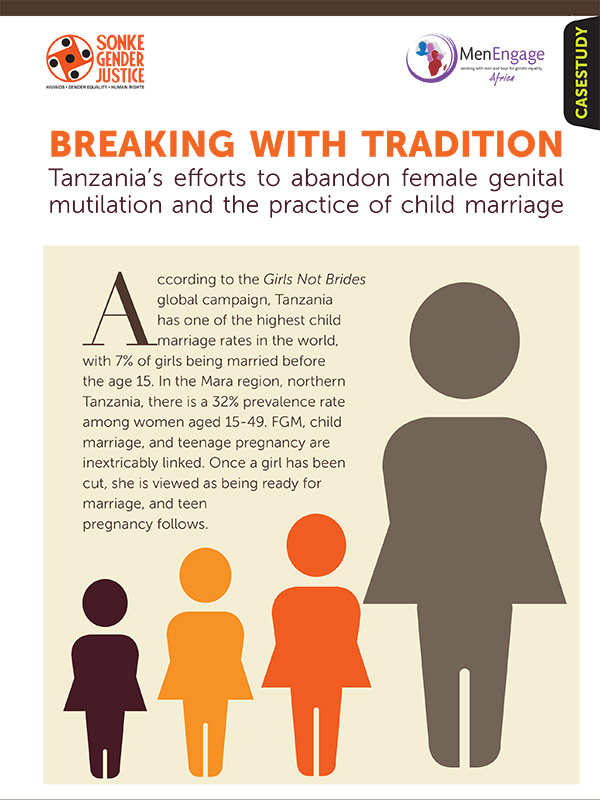
According to the Girls Not Brides global campaign, Tanzania has one of the highest child marriage rates in the world, with 7% of girls being married before the age 15. In the Mara region, northern Tanzania, there is a 32% prevalence rate among women aged 15-49. FGM, child marriage, and teenage pregnancy are inextricably linked. […]
Trauma exposure and men’s use of violence against women in a peri-urban settlement near Johannesburg
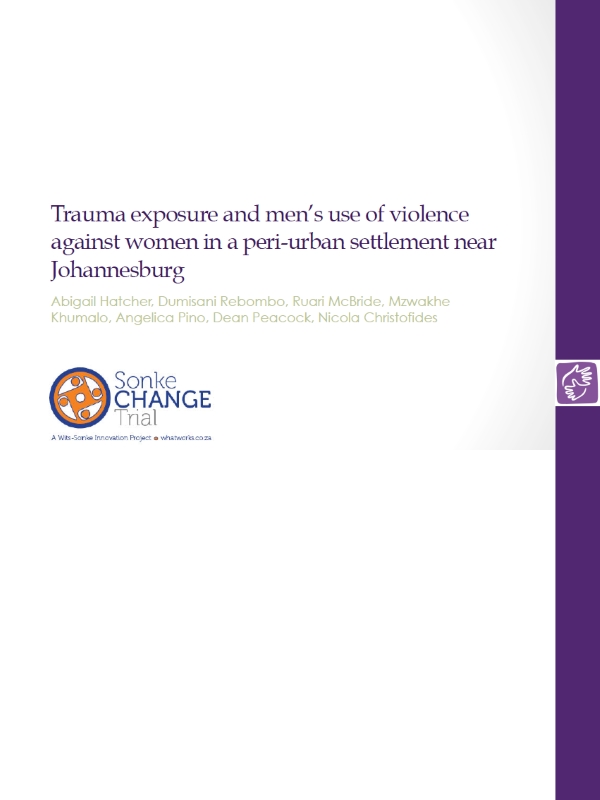
Prevalence and patterns of men’s perpetration of intimate partner violence, gender attitudes and related factors in an informal settlement near Johannesburg
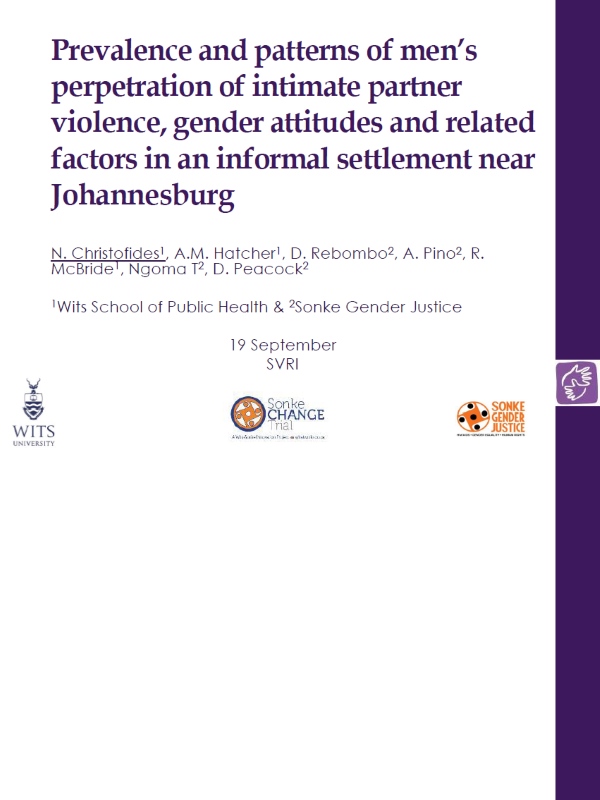
We investigated the prevalence, patterns of the use of intimate partner violence, gender attitudes and associated factors among a cohort of men enrolled in the Sonke CHANGE trial, in an informal settlement north of Johannesburg.
A Health & Safety Guide for Clients of Sex Workers
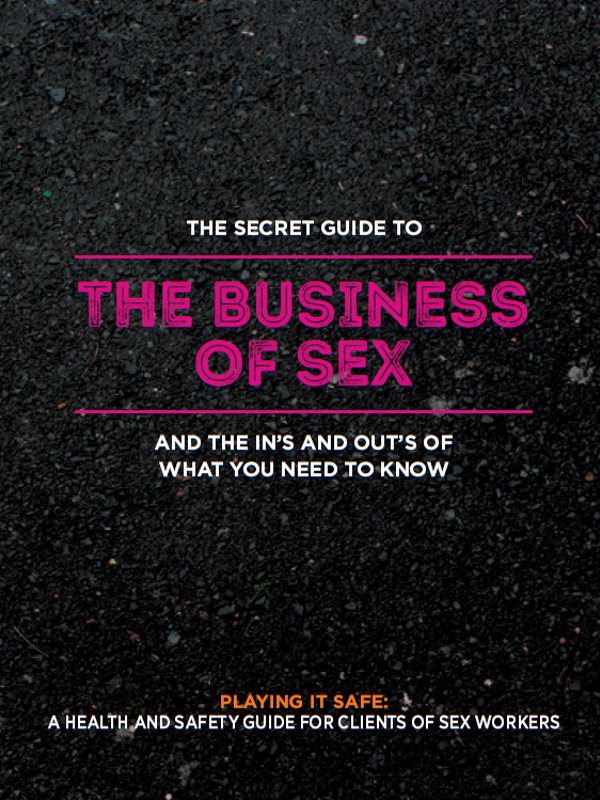
In South Africa, we do not know much about the clients of sex workers. We do know that there is no explicit health or social services for clients, and that very little accessible information on the sex industry exists. Because the buying and selling of sex is currently illegal in South Africa, everything in the […]
Why should we care about overcrowding in prisons?
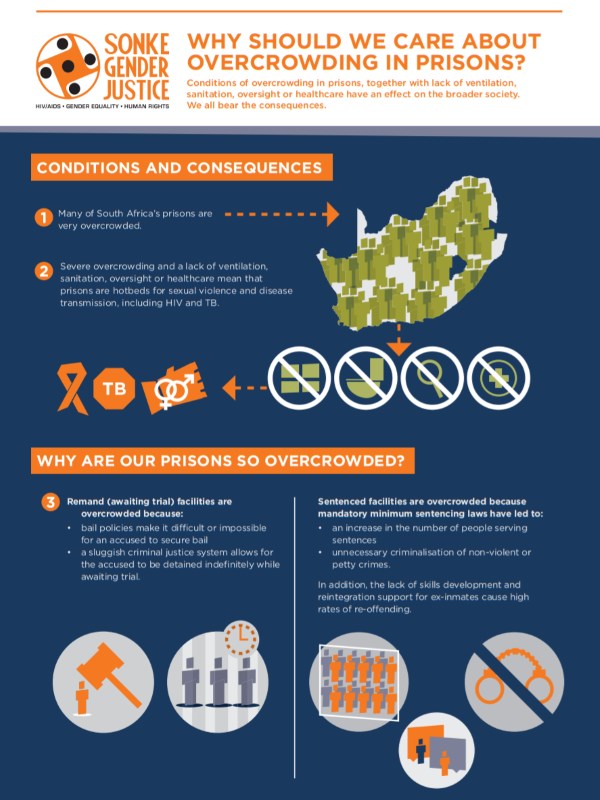
Conditions of overcrowding in prisons, together with lack of ventilation, sanitation, oversight or healthcare have an effect on the broader society. We all bear the consequences.
5 steps to removing a gun from the home
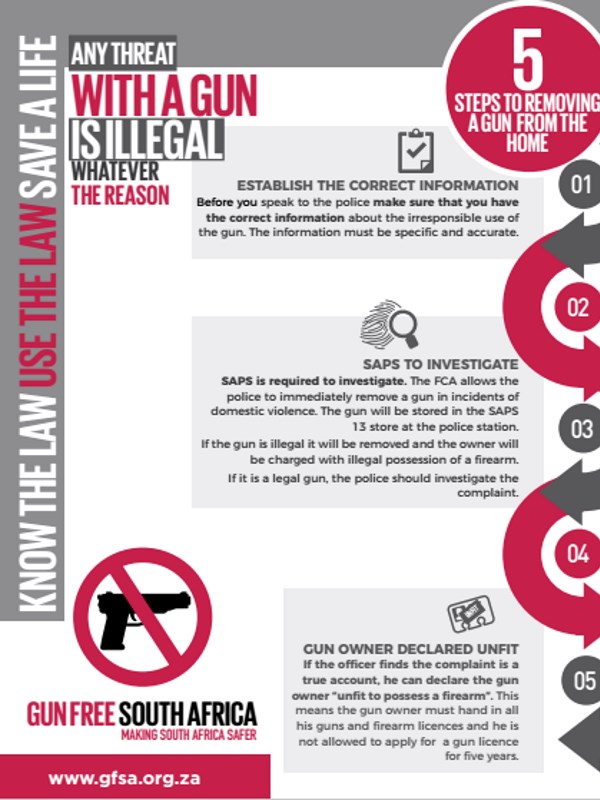
One Judge One Jail Factsheet
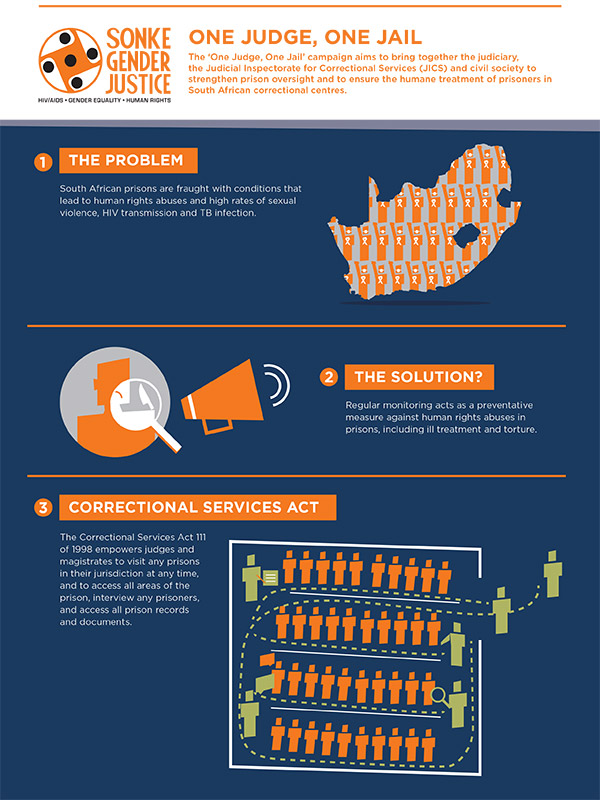
The ‘One Judge, One Jail’ campaign aims to bring together the judiciary, the Judicial Inspectorate for Correctional Services (JICS) and civil society to strengthen prison oversight and to ensure the humane treatment of prisoners in South African correctional centres.
Time to Talk Poster
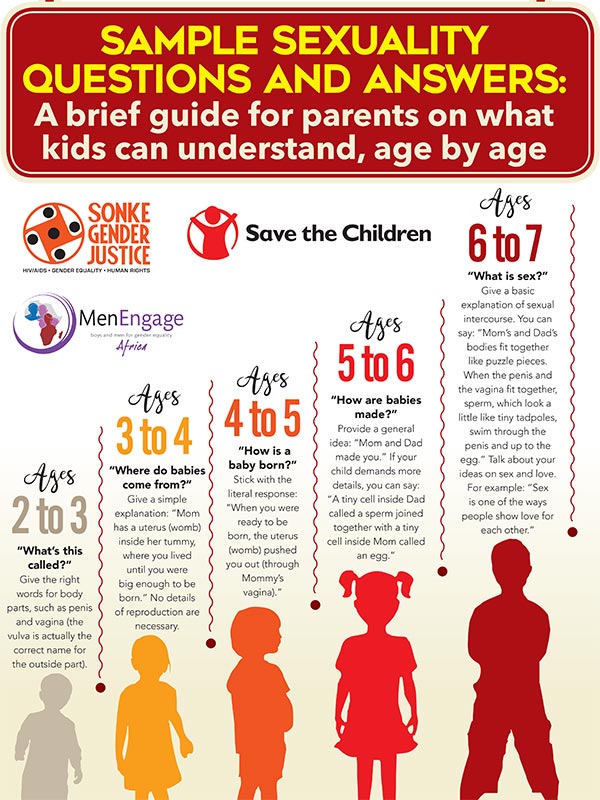
A brief guide for parents on what kids can understand, age by age.
Why should we care about prisoners?
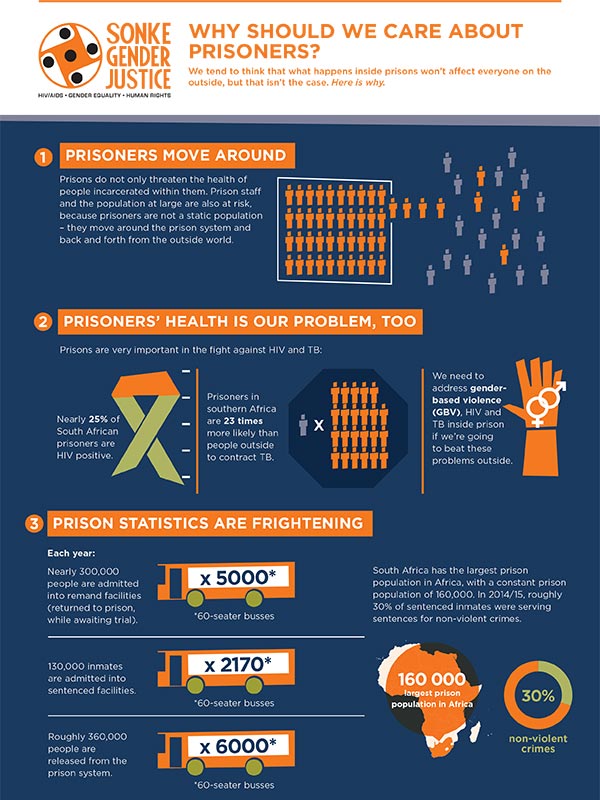
We tend to think that what happens inside prisons won’t affect everyone on the outside, but that isn’t the case. Here is why.
Corporal Punishment is Against the Law
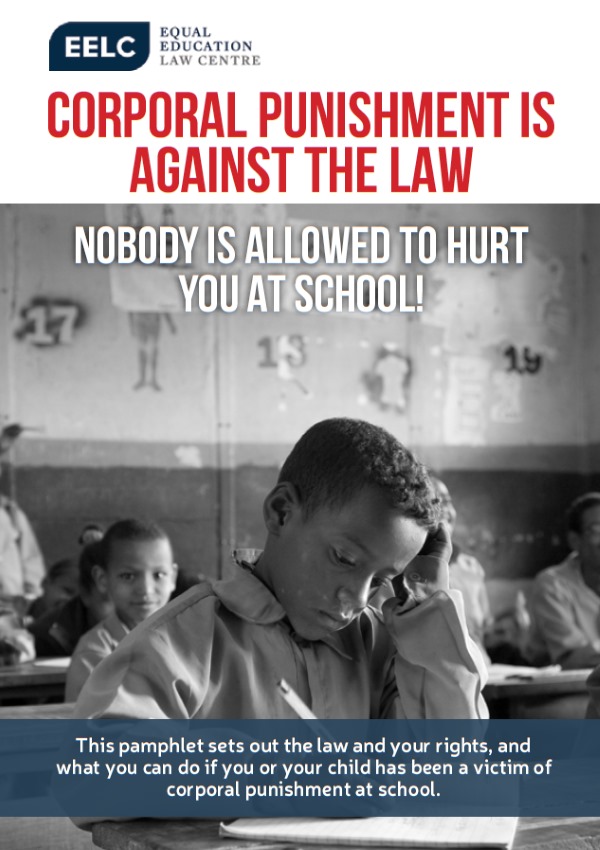
This pamphlet sets out the law and your rights, and what you can do if you or your child has been a victim of corporal punishment at school.
Instances of Severe Corporal Punishment Damage Claims
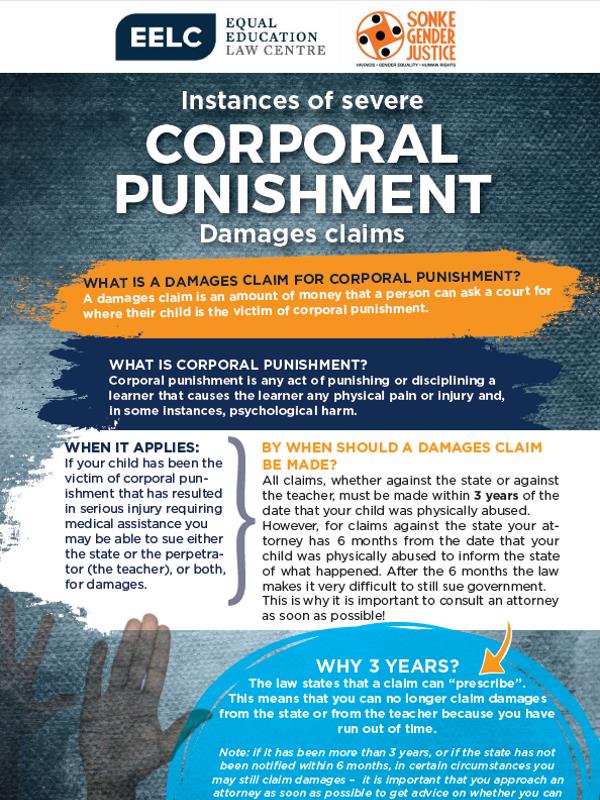
Why should we care about prison oversight?
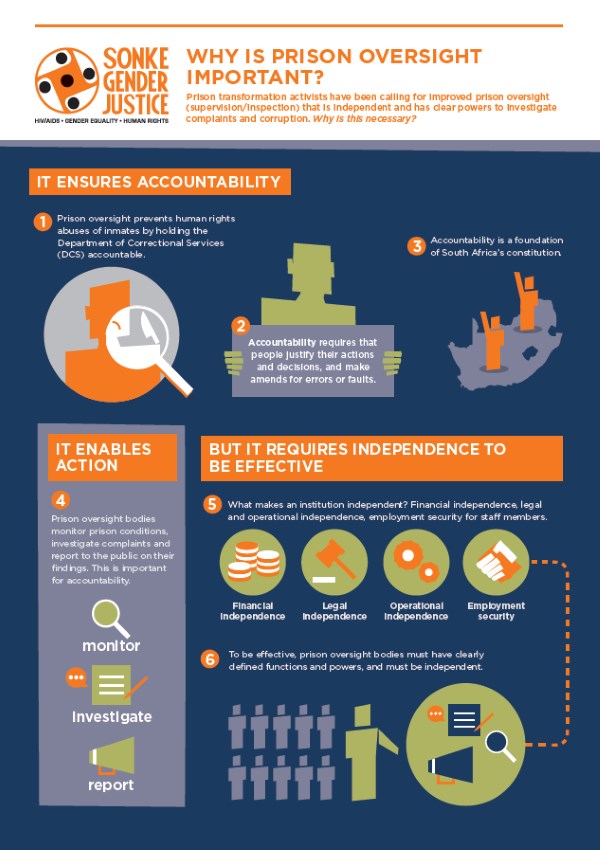
In December 2016, Sonke and Lawyers for Human Rights launched a court application calling for the increased independence of South Africa’s prison oversight body, the Judicial Inspectorate for Correctional Services. Prison oversight, that is the monitoring, inspecting, reporting on prisons, is vital for ensuring prisoners’ human rights. This fact sheet explains why we need an […]
CAT InfoSheet 002
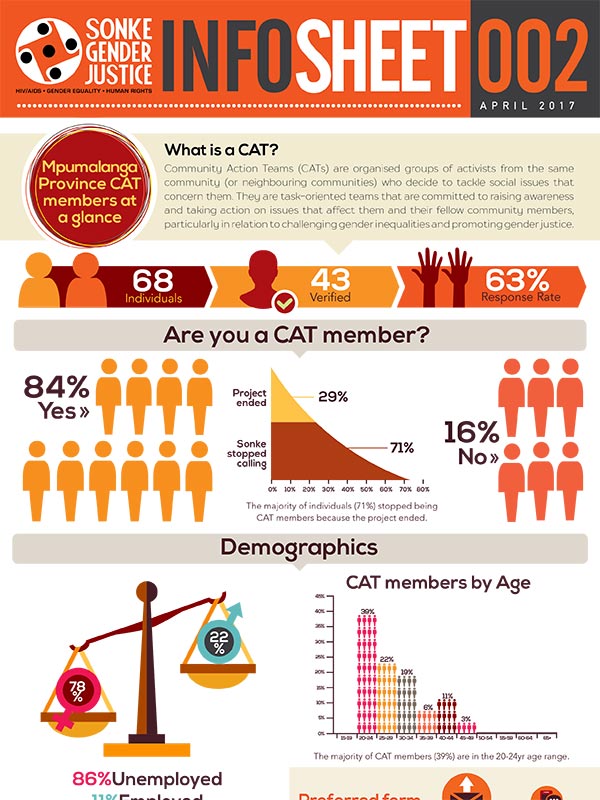
Community Action Teams (CATs) are organised groups of activists from the same community (or neighbouring communities) who decide to tackle social issues that concern them. They are task-oriented teams that are committed to raising awareness and taking action on issues that affect them and their fellow community members, particularly in relation to challenging gender inequalities […]
CAT InfoSheet 001
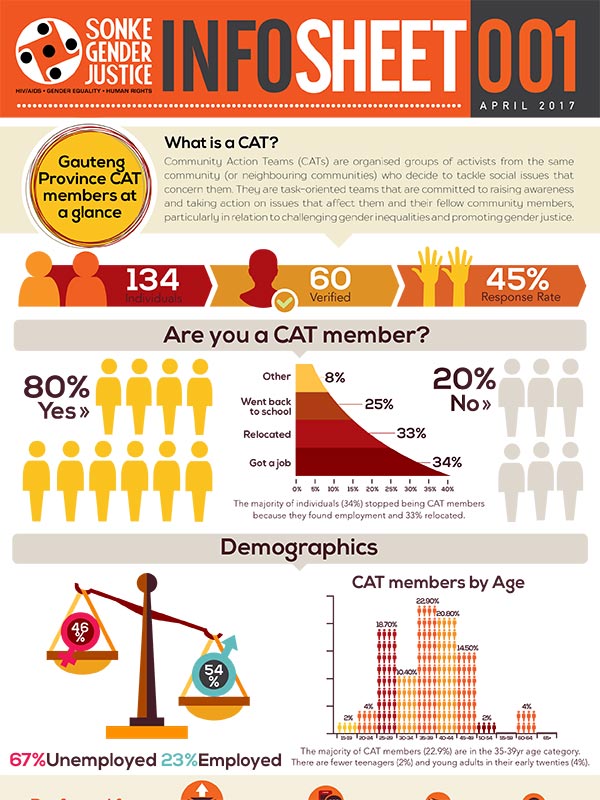
Community Action Teams (CATs) are organised groups of activists from the same community (or neighbouring communities) who decide to tackle social issues that concern them. They are task-oriented teams that are committed to raising awareness and taking action on issues that affect them and their fellow community members, particularly in relation to challenging gender inequalities […]
Child marriage in Tanzania at a glance
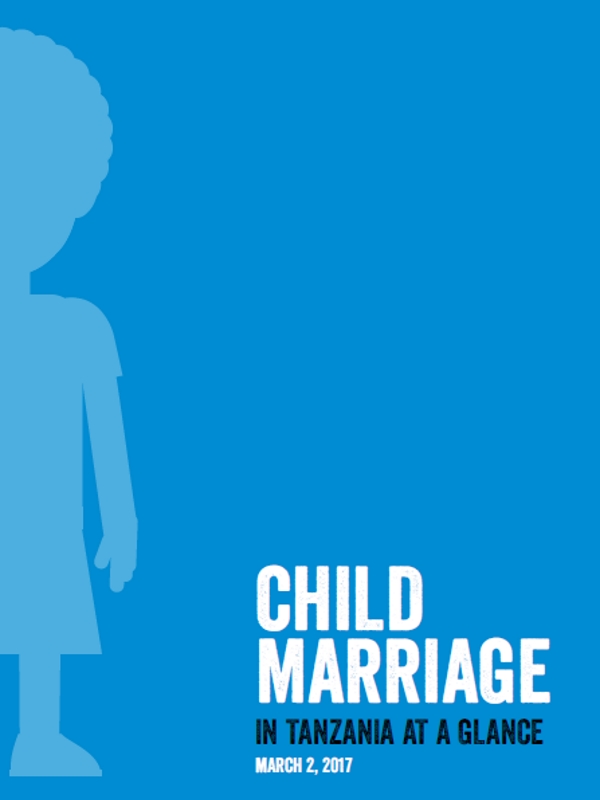
Despite national and international legislation prohibiting it, child marriage has proved an intractable problem across many countries and cultures. Poverty and discrimination continue to drive the practice which blights the lives of so many young girls and inhibits the prosperity of their wider community and country. This is the largest study of child marriage – its […]
Child marriage in Tanzania – Youth-friendly version
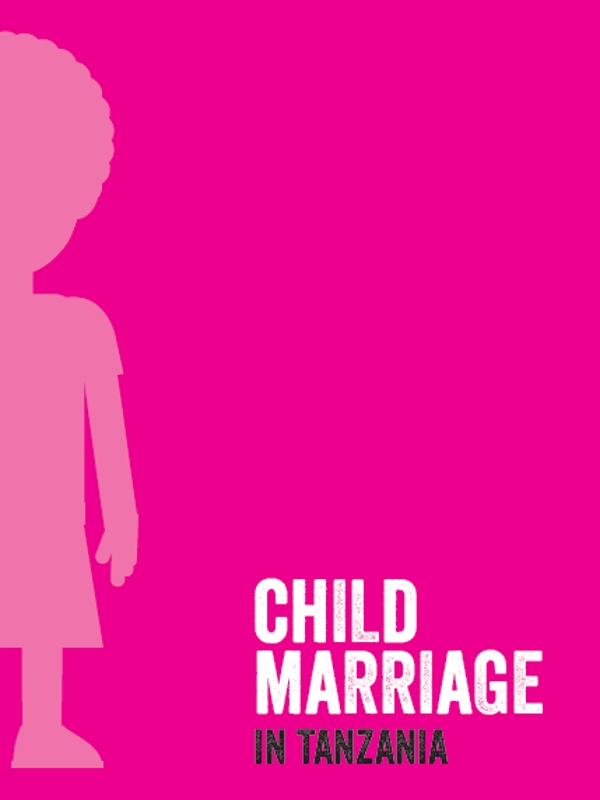
Despite national and international legislation prohibiting it, child marriage has proved an intractable problem across many countries and cultures. Poverty and discrimination continue to drive the practice which blights the lives of so many young girls and inhibits the prosperity of their wider community and country. This is the youth-friendly version of the largest study […]
Prevention+

In a world where many countries have come to enshrine women’s rights and support for gender equality in policy and practice, gender-based violence (GBV), specifically violence against women and girls, still persists. This violence, whether at home or in public, is rooted in gender-based discrimination, inequitable gender norms, and imbalanced power dynamics. To end all […]
How to Support a Survivor of Sexual Assault
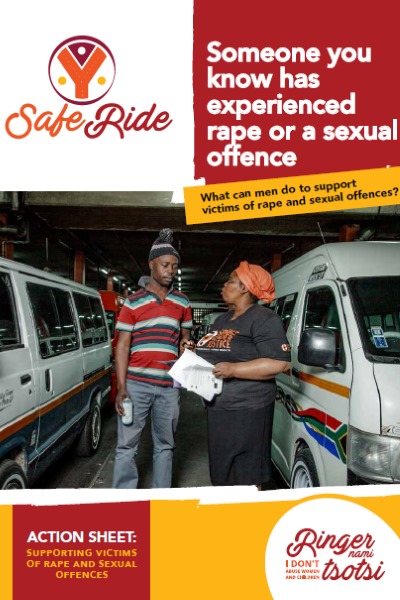
If a spouse, colleague, relative, friend or someone you know has experienced rape or a sexual offence, you may feel it’s easier to stay silent. You might be worried that you’re going to say the wrong thing. But there are ways that you can support a victim, both emotionally and practically. You can also take […]
Where are the men?
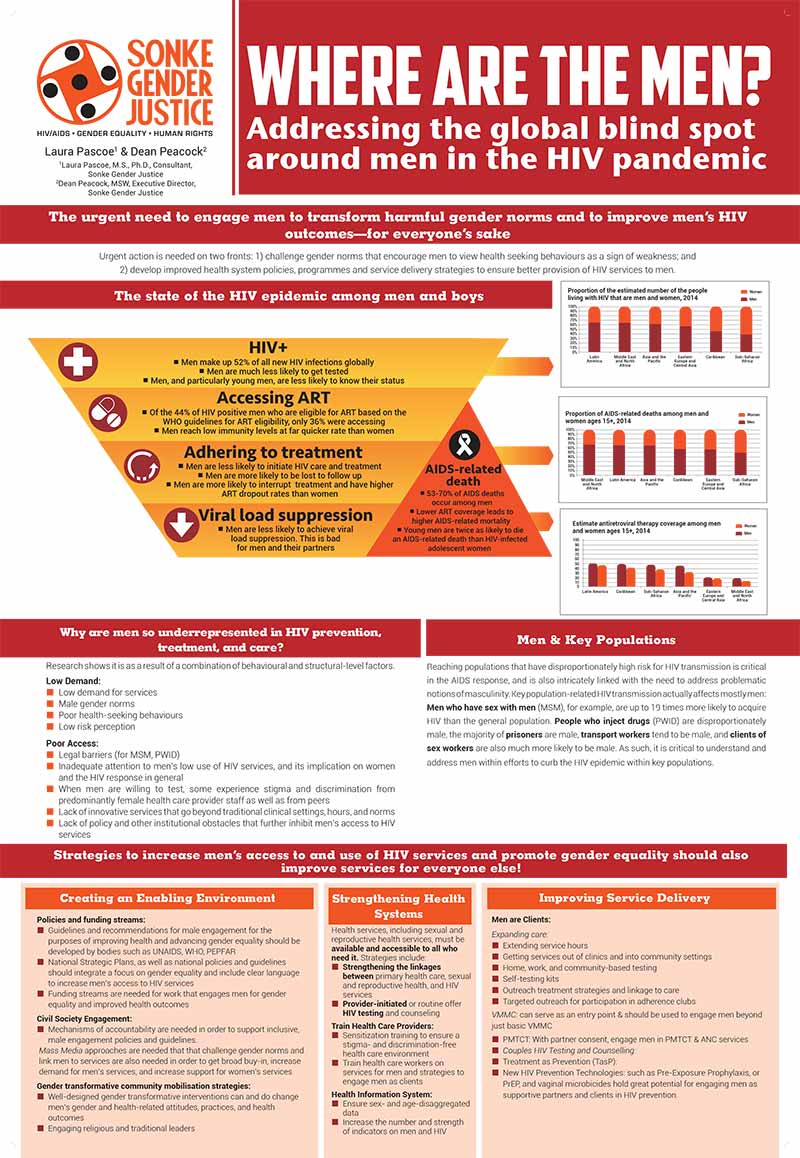
This poster presentation demonstrates the urgent need to engage men to transform harmful gender norms and to improve men’s HIV outcomes – for everyone’s sake. Urgent action is needed on two fronts – to challenge gender norms that encourage men to view health seeking behaviours as a sign of weakness; and to develop improved health system policies, […]
Can litigation be an effective tool in HIV prevention?
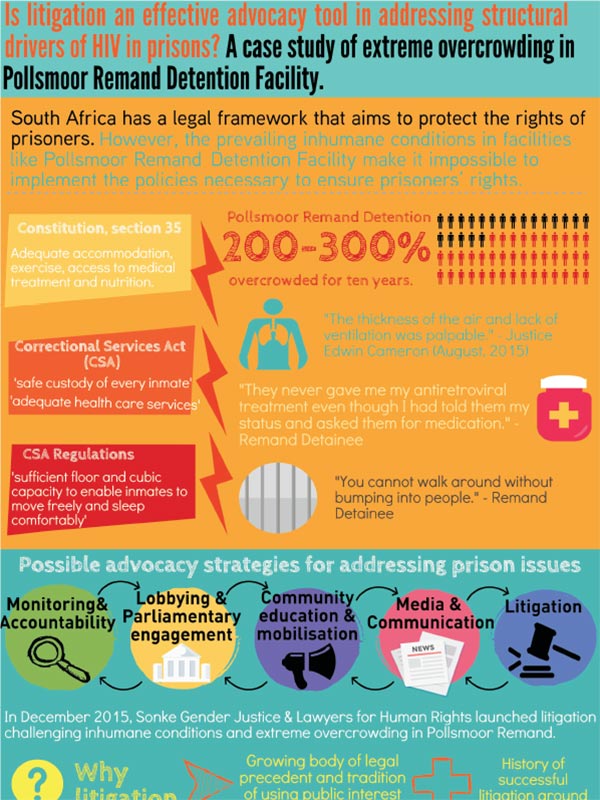
This question was posed by Sonke’s National Prison’s Specialist, Ariane Nevin at the 21st International AIDS Conference in Durban in a poster she presented on Sonke’s work on HIV an TB in prisons. Nevin asked how useful an advocacy tool public impact litigation is in addressing the structural drivers of HIV and TB in prisons […]
Sex Work: The Swedish Model
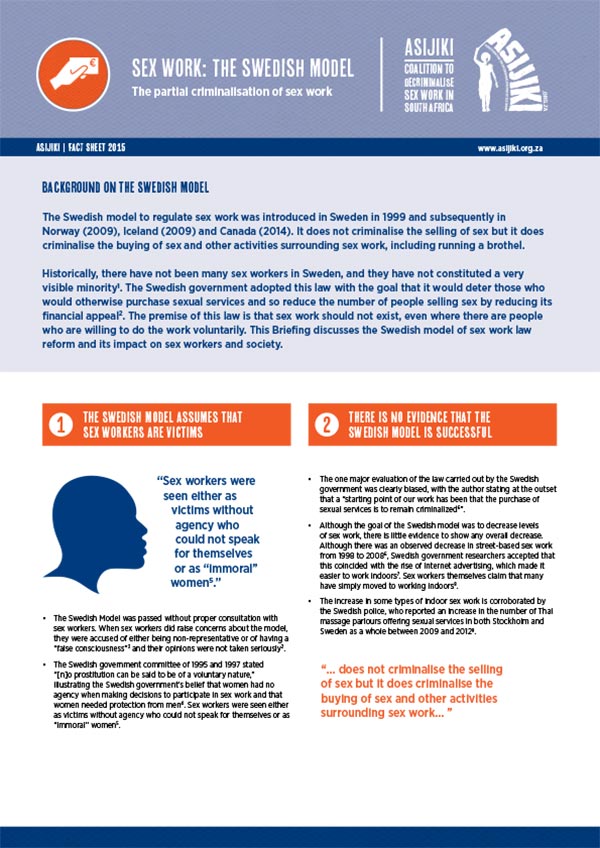
The Swedish model to regulate sex work was introduced in Sweden in 1999 and subsequently in Norway (2009), Iceland (2009) and Canada (2014). It does not criminalise the selling of sex but it does criminalise the buying of sex and other activities surrounding sex work, including running a brothel. Historically, there have not been many […]
Sex Work and the Law
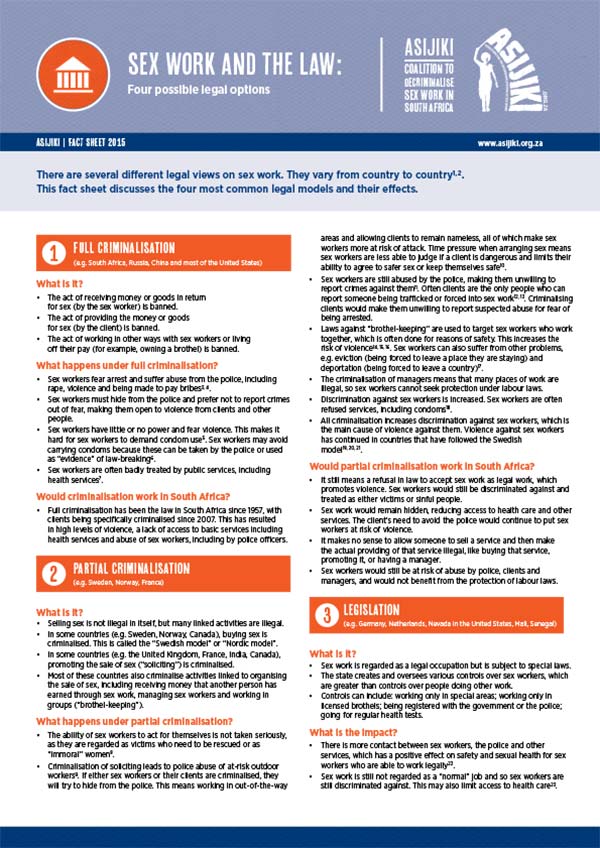
There are several different legal views on sex work. They vary from country to country. This fact sheet discusses the four most common legal models and their effects.

